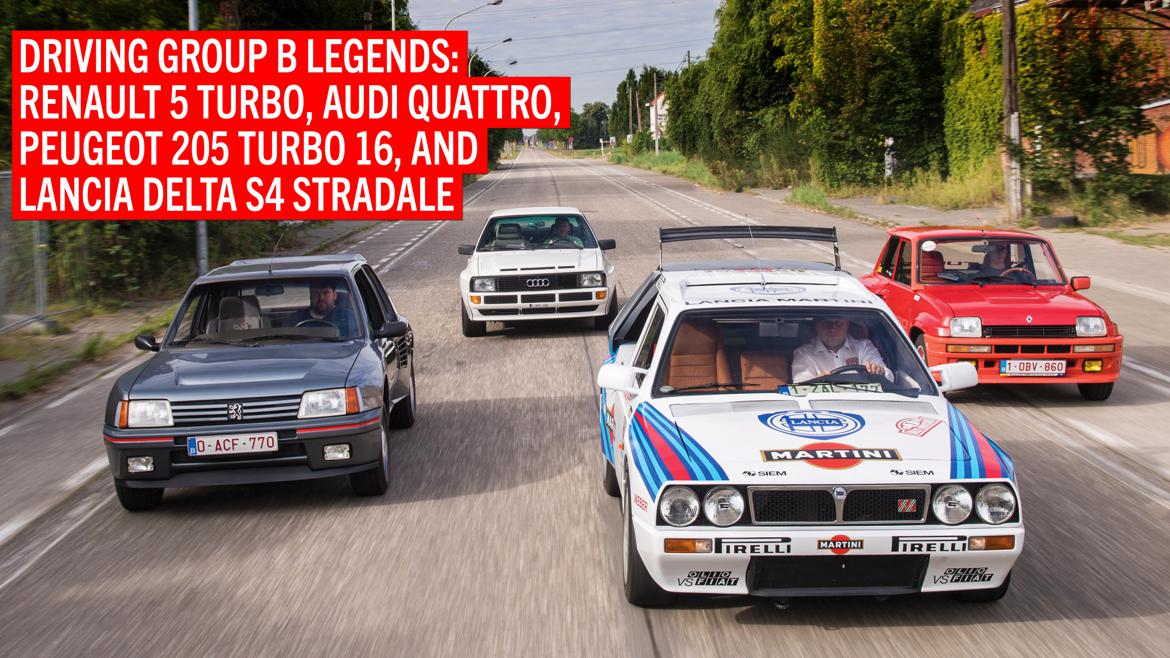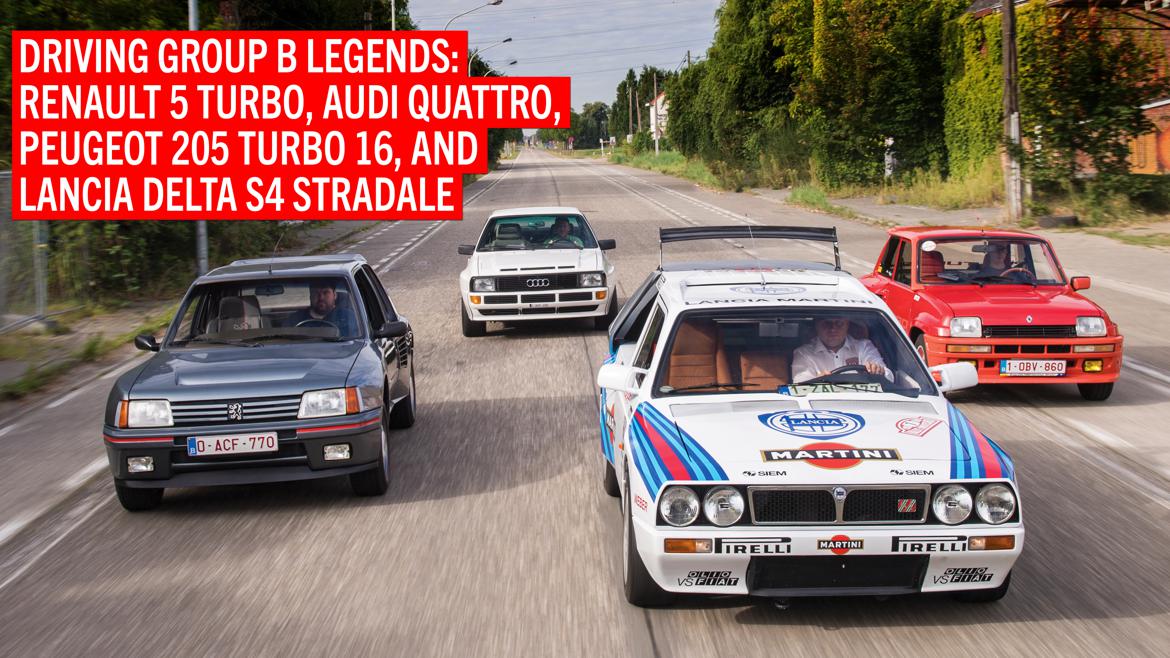Alright, folks, grab a cuppa. You know me, always digging into something mechanical and bonkers. Today? Let’s talk about pure speed. Specifically, just how ridiculously fast that Group B Peugeot 205 T16 was. Insane machines, those were. Legends, really. Forget what you think you know about fast cars.

Starting the Quest
So, it all kicked off cos me and some gearhead mates were arguing over beers. Old mate Dave reckons modern WRC cars would wipe the floor with the Group B beasts. Gets under my skin, that kinda talk. Needed proof. Concrete stuff. Actual numbers. Right then, I decided to go digging, proper-like.
The Hunt for Evidence
First port of call was dusty old books and mags – my garage library’s crammed with ’em. Pulled out old RAC Rally reports, some obscure French tuning mags from the 80s. Started flipping pages. Then hit the internet, deep diving into forums. Found grainy footage, shaky spectator videos uploaded years ago. Real treasure hunt stuff.
Key was finding timing sheets. Digging, digging. Finally hit gold buried in some scanned documents from Monte Carlo ’85. Actual stage times. Seeing those numbers written down? Gave me chills.
Looking Under the Hood (Figuratively!)
Numbers on paper are one thing. But why was it so damn fast? Had to understand the machine. Started piecing it together, comparing it to what you’d see today.
- Power? Obscene. That little 1.8-liter monster engine? Turbocharged to hell and back. Peugeot claimed around 550 horsepower, right? But reading accounts of tuners and mechanics back then… whispers suggested pushing well over 600 on boost sometimes. In a car made mostly of plastic and thin metal tubes, weighing barely over a ton? Pure madness.
- Technology? Wild West. Aerodynamics was basically guesswork. Huge wings slapped on. Massive vents everywhere. They got it to stick like glue. Four-wheel-drive system was primitive but brutally effective. Transmission was essentially tractor-tech, but built to withstand nuclear blasts. So simple, so heavy, so strong.
- Build? Function over everything. No safety cage worth mentioning (thin tubes!), flammable fuel tanks stuffed next to the driver. Tiny little cockpit. The whole thing felt built by engineers given only one command: “Make it go faster than anything else. Figure out the rest later.” And they did.
The Speed Hits Home
Then I found the footage. The one. Portugal ’85. That insane mountain stage. Watching the 205 T16 absolutely eat it. Tight curves, narrow roads, sheer drops. The camera car, some anemic production sedan of the time, is struggling. Then whoosh. The Peugeot screams past. It looked sped up. It wasn’t. The difference in speed was terrifying. You just knew the driver was hanging on for dear life, trusting the grip only barely.

Comparing stage times: routes that took modern WRC cars around 6 minutes? The Group B Peugeot was often clocking times in the low 5-minute range, sometimes even flirting with the 4:50s. On tighter, rougher stages? That gap was bigger. They were so fast the organizers struggled to keep the roads clear in time. That’s just… unreal.
The Final Nail
The real kicker? I visited an old rally mechanic, guy used to help prep a privateer car back in the day. Had some tea in his shed. He showed me a piston from a scrapped T16 engine. Thing was massive, forged steel. Heavy beast. “That thing,” he said, tapping it, “took a beating the likes of which you wouldn’t believe. We ran more boost than we dared tell anyone. They weren’t just fast, son. They were stupid fast. Ungodly fast.” The look in his eyes? Pure reverence mixed with a touch of fear. Said drivers today wouldn’t dare push like that. He’s probably right.
Wrapping My Head Around It
So yeah, after all that digging, reading, watching, listening… How fast was the Group B Peugeot 205 T16? Forget numbers for a second. The answer is simpler: it was faster than it had any right to be. Faster than safety. Faster than sense. Faster than fear itself. Technology was ropey, safety was a joke, but they achieved something truly terrifying and magnificent. Proof that raw, unadulterated speed isn’t always found in the newest tech, but sometimes in pure, chaotic engineering ballsiness. Insane? Absolutely. Legendary? No doubt.
